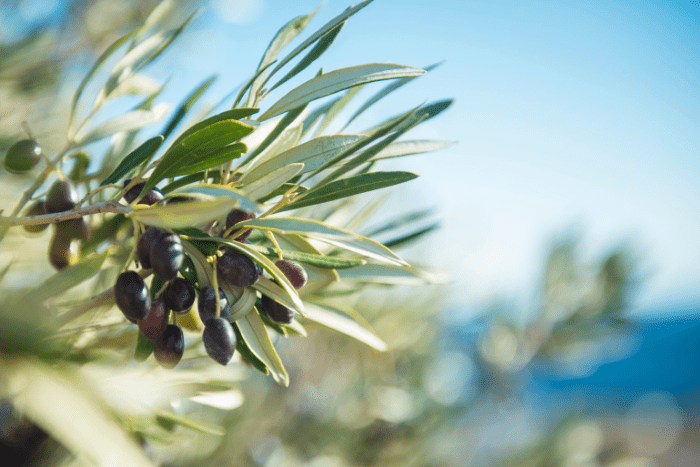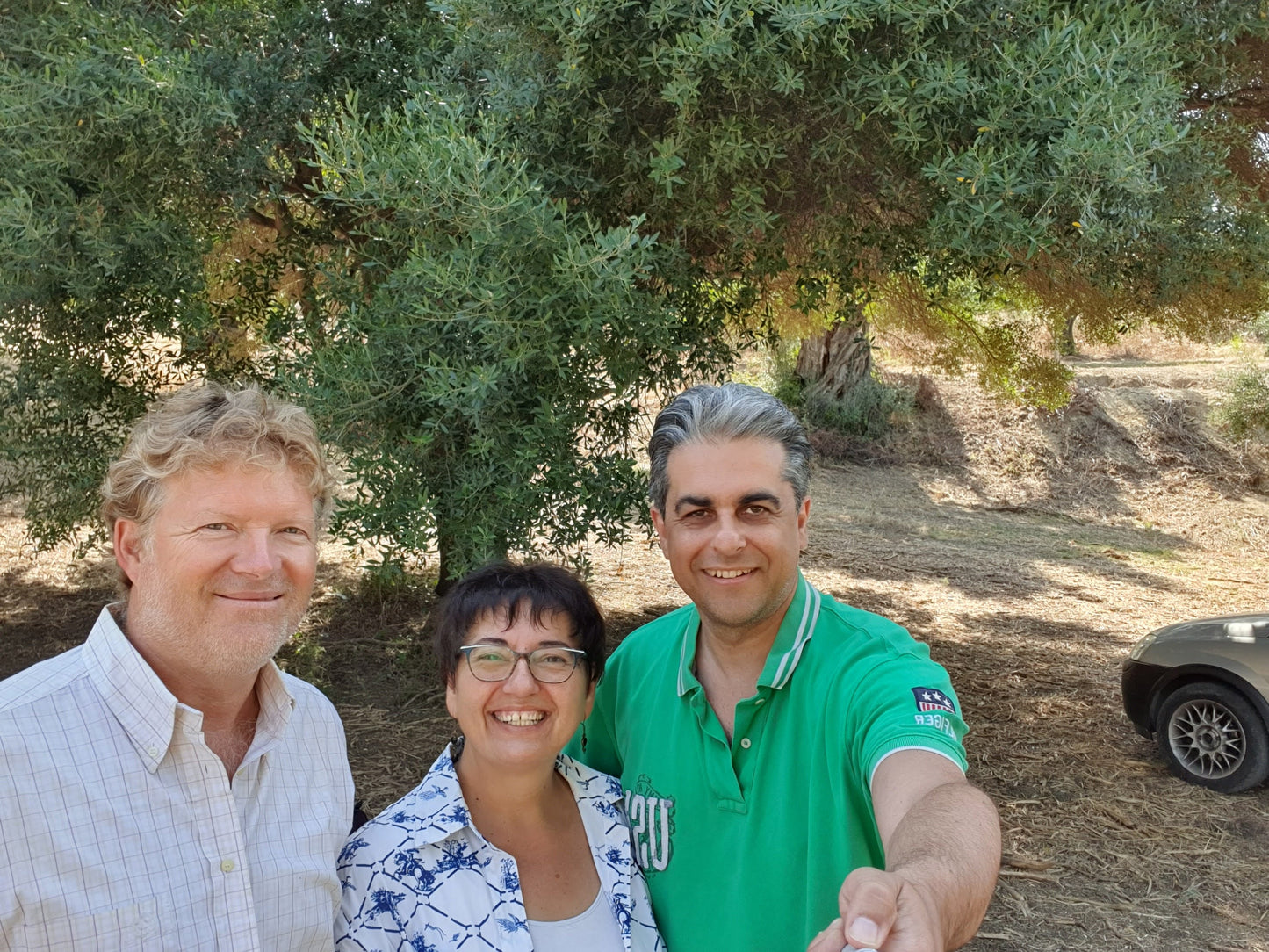
Corovita organic olive oil stands for high quality and perfect taste. Just try it once, and you've found your new favorite olive oil. But how exactly is this delicious product produced, and how does our olive oil achieve its organic certification?
To explain this, we have to go back to the beginning:
In the EU, the sale of organic products is regulated uniformly and is regularly inspected by certified organic control bodies . This is intended to guarantee compliance with established criteria, specifications, and rules, so that you, as a customer, can rely 100% on the organic seal.
ORGANIC in the olive field

If you choose an organic oil from Corovita, you can be sure that the organic quality is evident right from the field. Because as soon as a producer decides to grow their products organically, they must register with an organic certification body and begin their three-year conversation phase.
During this period, a producer must adhere to the requirements for organic products and undergo regular inspections, but may not yet label their goods as organic. Only after the conversation phase is it permitted to stop offering conventional products and promote them as organic.
In the specific case of organic olive farming, any chemical fertilizers, pesticides, insecticides, or fungicides are prohibited. Natural alternatives are permitted. Animal manure is a good example of an excellent natural fertilizer that is effective and welcome.
Violations of these requirements can be checked at any time by the inspection bodies and quickly identified by taking soil, leaf, and product samples. Regular and thorough inspections ensure that the quality of the organic seal is maintained.
Finally, the finished product, our Corovita organic olive oil, is regularly checked for prohibited substances and chemical additives to guarantee compliance with organic quality standards throughout the entire process.
Here you can read how our organic olives are processed into organic olive oil in a gentle process.
Fun Fact: The natural enemy of the olive

As dreamy as growing organic olives sounds so far, there is one big problem: the fruit fly.
The fruit fly not only wreaks havoc in your kitchen, but also loves to lay its eggs in olives. This causes minor injuries to the fruit, accelerates rotting, and causes the fruit to fall prematurely from the tree.
This is an unpleasant process that leads many producers to use chemical pesticides. But not Corovita! We assure you that we only use legal and organic methods to reduce fruit fly infestation. We take particular care to maintain our high quality and ensure that the taste of Corovita organic olive oil remains among the best on the market!



















